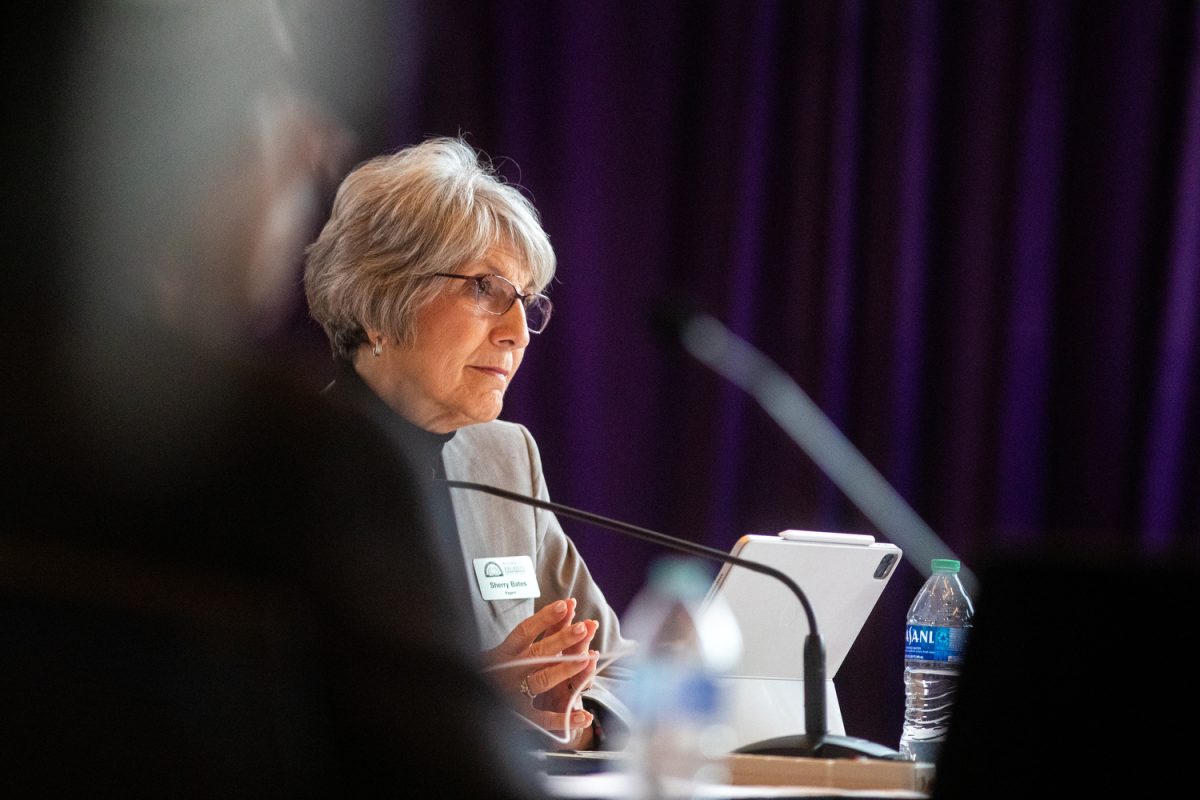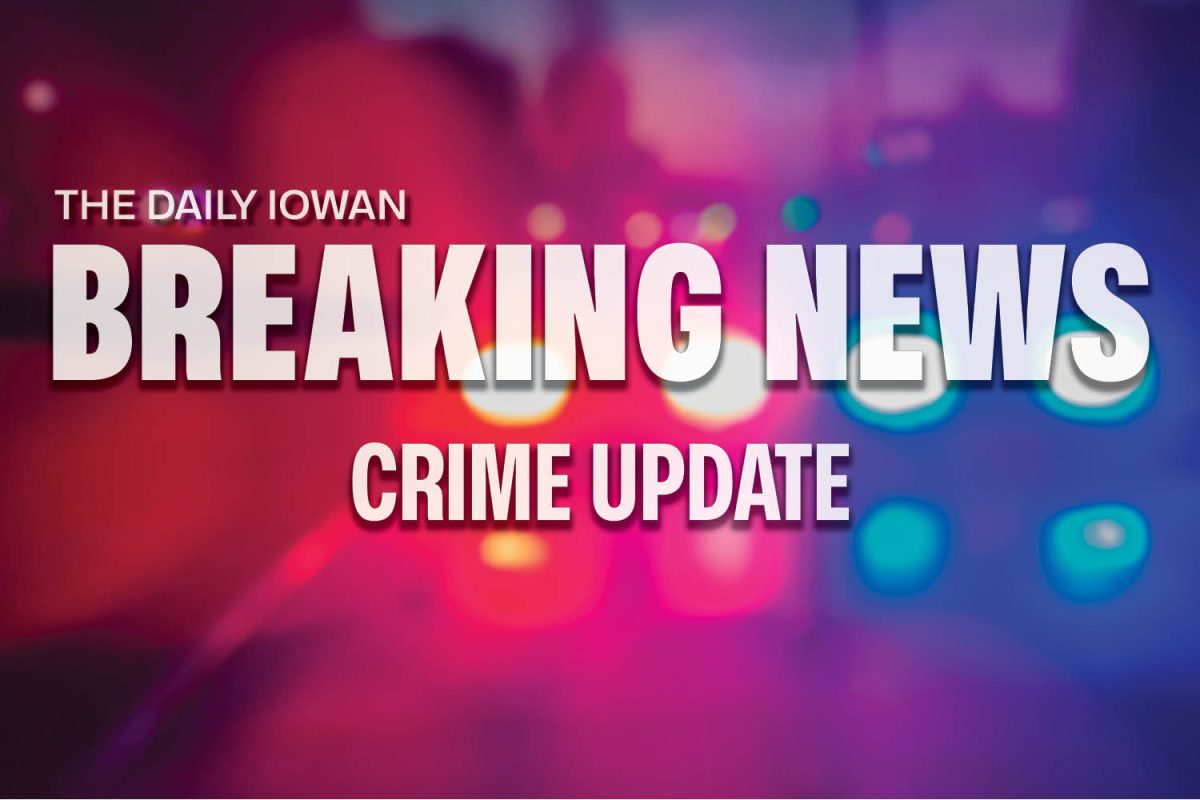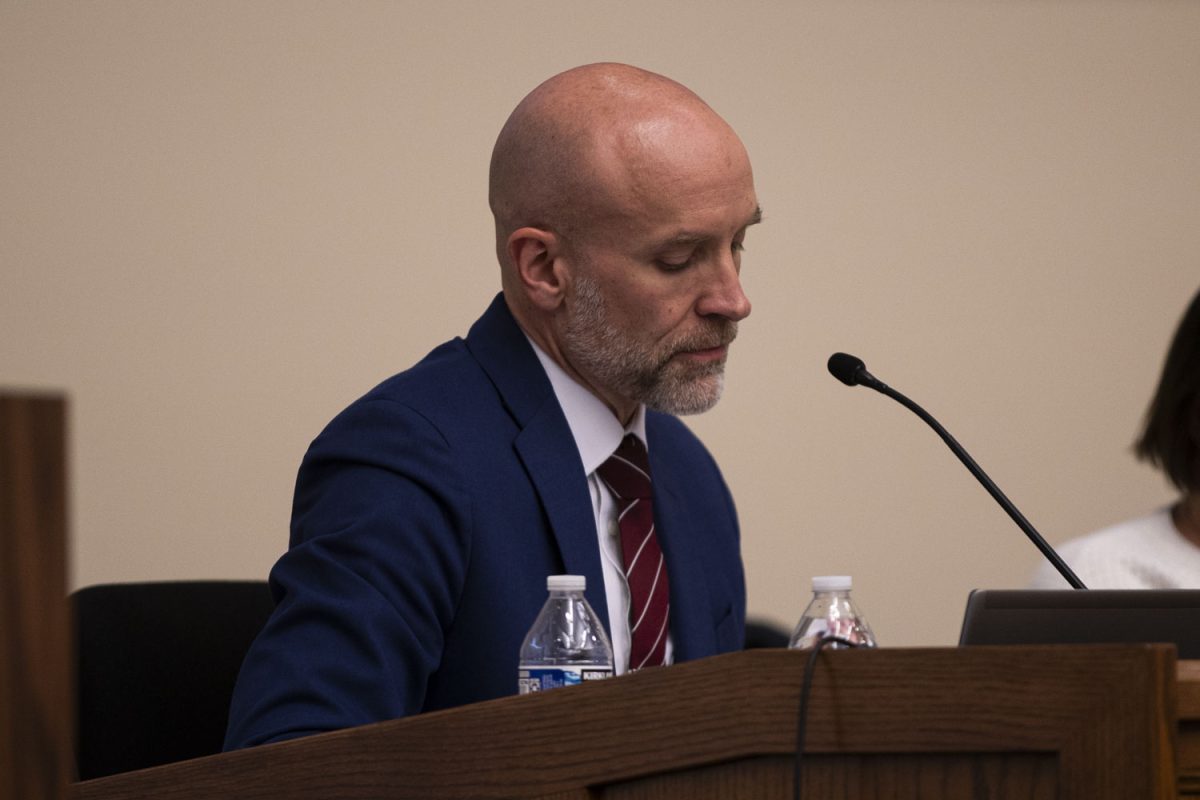Those seeking mental-health aid in Johnson County may have to wait.
The county has joined 10 others placing such residents on a waiting list this year for mental-health services. And after the Iowa Legislative Services Agency predicted a $51.4 million shortfall next year in Medicaid and non-Medicaid services, local mental-health officials are worried treatment options will be in short supply.
Stephen Trefz, the executive director of the Community Mental Health Center in Johnson County, said the county has seen an increase in people accessing mental-health services.
Cases of mental illness in Johnson County increased by 101 between 2009 and 2010, according to the Iowa Department of Human Services.
"This is a college town, and the most common age for the onset of serious mental-health disorders is between 18 and 25," said Peggy Loveless, a board member of the National Alliance on Mental Illness of Johnson County. "Guess who that is — it’s college kids, it’s become more and more prevalent."
One in four between the ages 18 and 25 are diagnosed with a mental illness, according to the National Institute of Mental Health.
Loveless said underfunding would leave some who are diagnosed to go untreated.
Roger Munns, a spokesman for the Department of Human Services, is also concerned about the underfunding.
"Iowa’s mental-health system has been chronically underfunded for years," he said. "Every year, there are reports of waiting lists in various counties, every year there are reports of inadequate services, and it’s the inadequate, inconsistent services that are being redesigned."
However, a recent Iowa House proposal aims to resolve county mental-health-funding problems by equalizing per capita levies on mental-health services across the state. The plan calls for the state — rather than individual counties — to pay all of the non-federal share of Medicaid services, while continuing to use $122.6 million for non-Medicaid mental-health services regardless of the source, whether property tax or state funding.
"Now, as the system is set up across the state, services you can get are determined by your zip code opposed to the services that you need," Trefz said. "The House is suggesting how we could allow counties to generate revenue that would be equal across the state as opposed to the property-tax formula."
Officials believe a general fund on the federal, state, and local level will help create a fair way to levy funds.
"It’s going to have to be a joint funding effort among the local, the state, and the federal dollars that are coming in," she said.
The redesign also proposes managing mental-health services under statewide standards, as opposed to the current county-based system. Counties would be sectioned into five to 15 regional groups targeting particular populations where federal, state, and county funds would be deposited and administered.
However, some mental-health service officials are wary of the new system.
"Some counties resist doing this for fear they’d get put with a county they don’t like or funds wouldn’t be treated equitably," Munns said. "Our view is that counties will find a logical place for themselves — we aren’t interested in dictating to them."
Munns said the proposal won’t solve funding issues completely, though it’s a step in the right direction.
"The legislation that is pending wouldn’t solve all financial problems, but it would start on the road to making the system egalitarian — more fair," he said.






